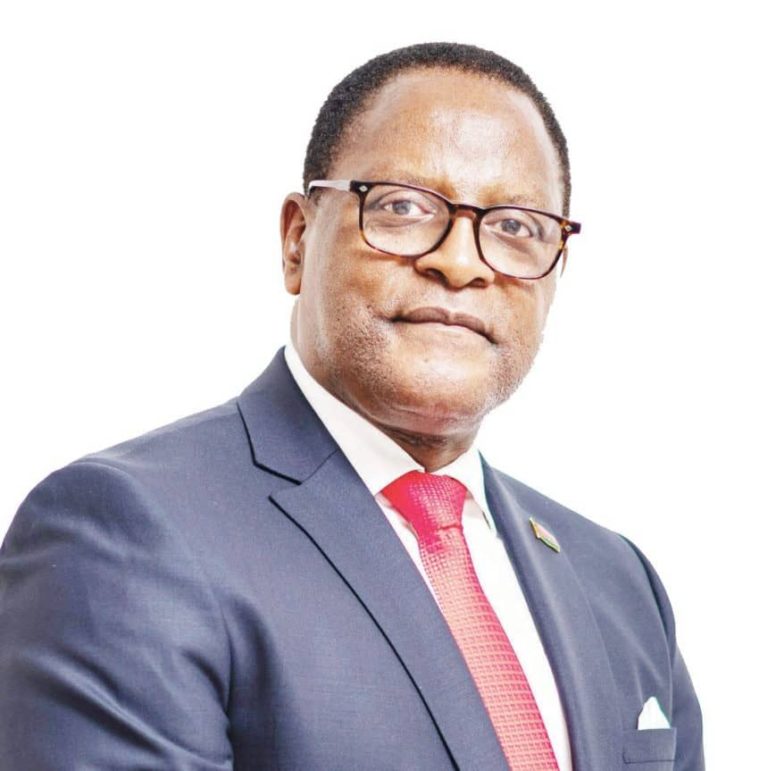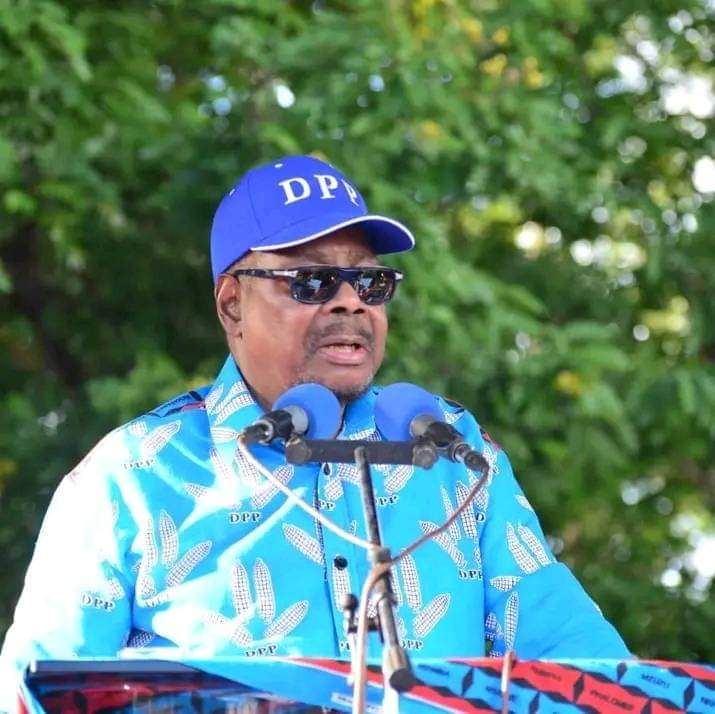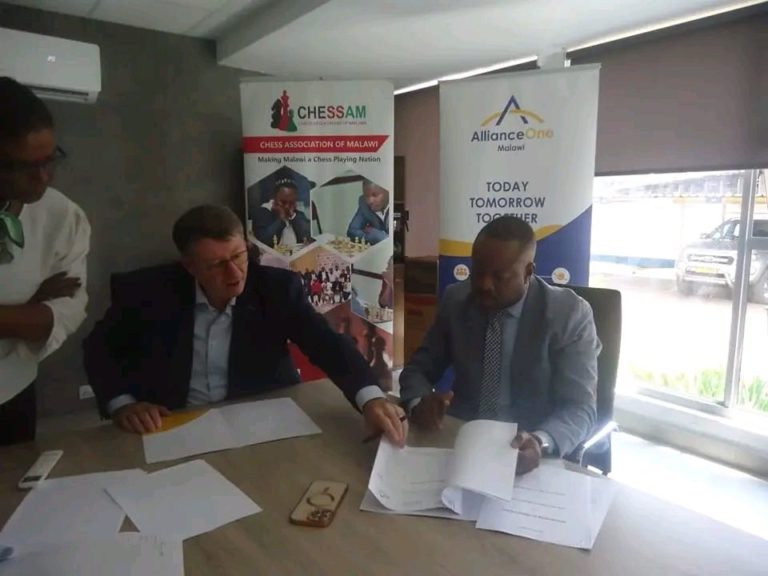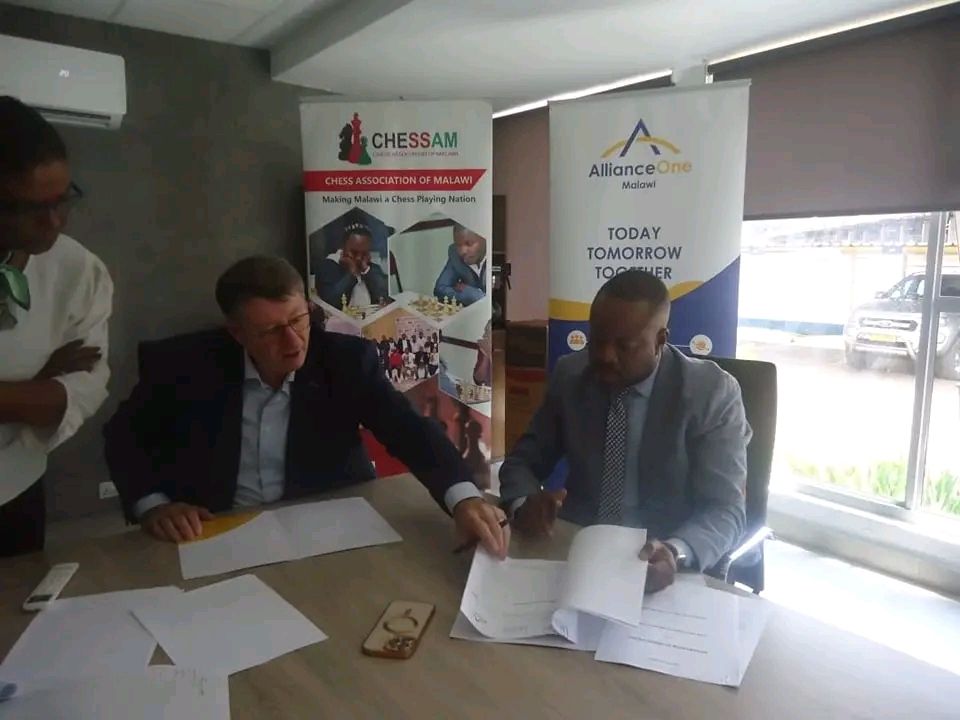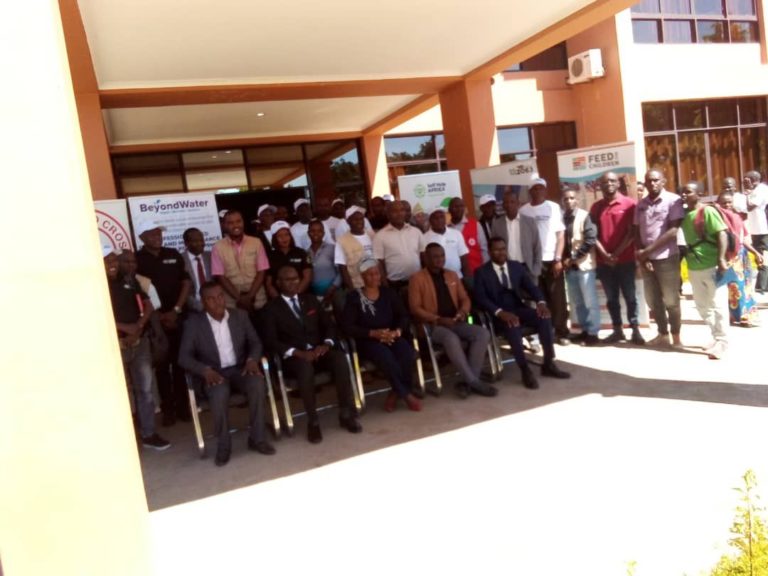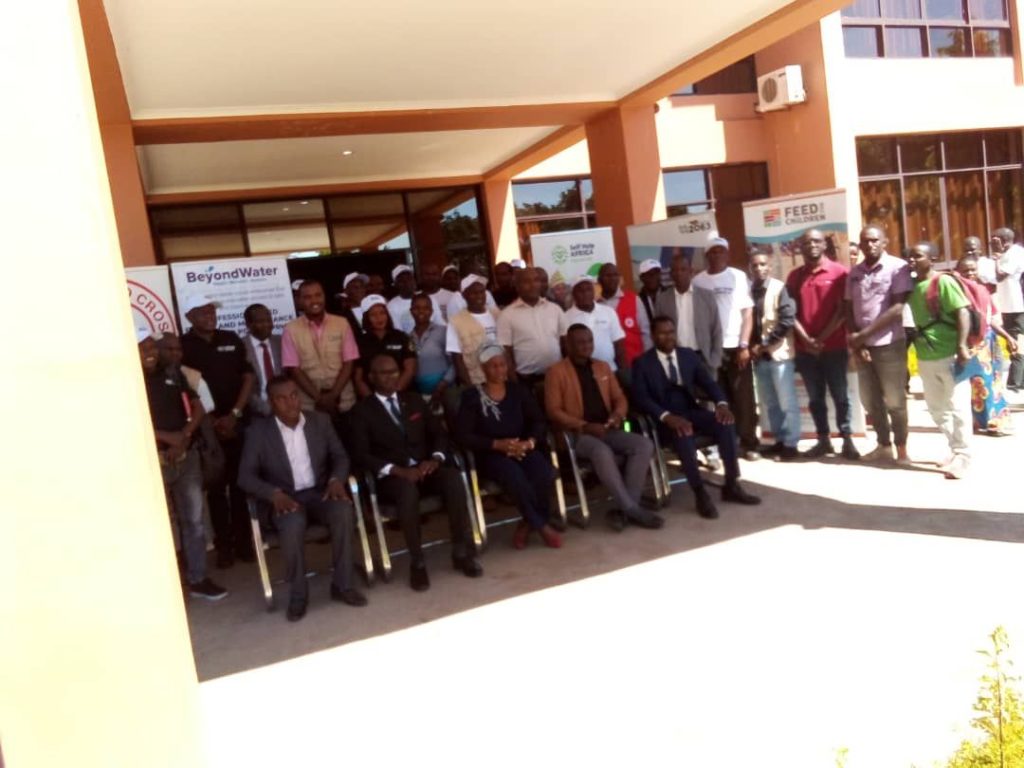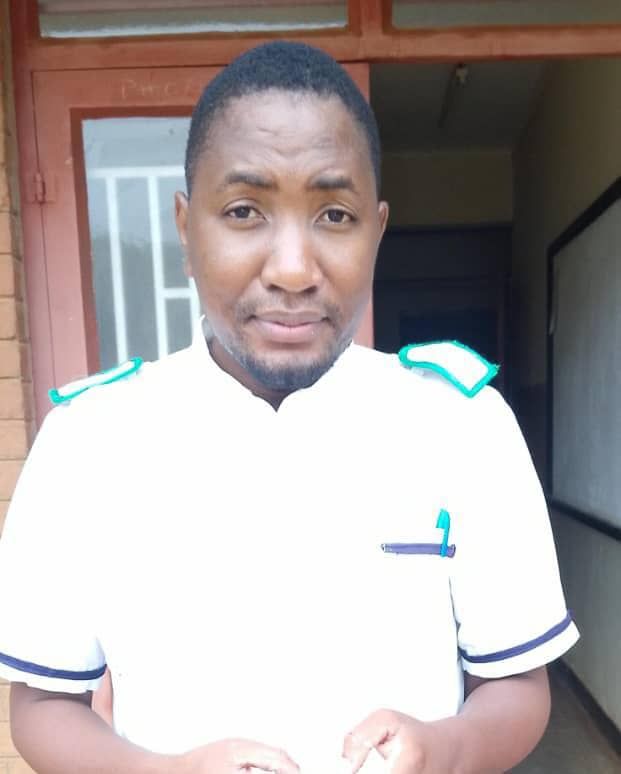By Chisomo Phiri
As the 2025 presidential elections approach, many political analysts are predicting a tough road ahead for opposition parties seeking to unseat incumbent President Lazarus Chakwera.
While it is still early days, there are several reasons why Chakwera may not be easily defeated in the upcoming polls.
First and foremost, Chakwera’s Malawi Congress Party (MCP) has been gaining momentum since the 2019 elections, with a strong showing in recent by-elections and local government polls.
This suggests that the party’s support base is growing, and Chakwera’s leadership is resonating with voters.
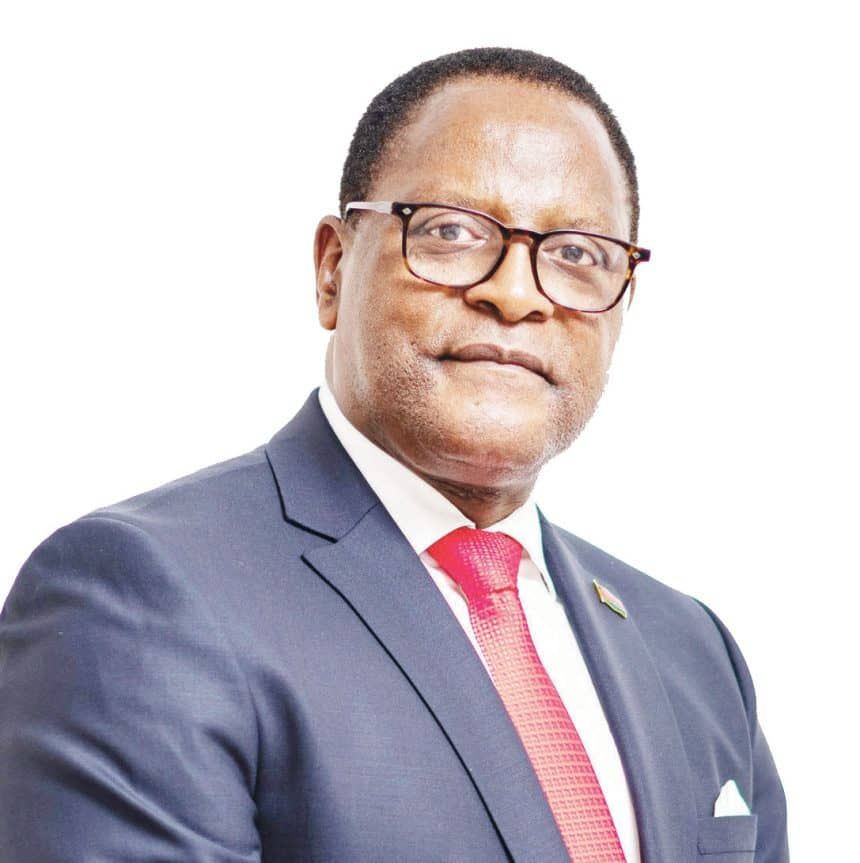
Secondly, Chakwera has made significant strides in delivering on his campaign promises, including infrastructure development, economic reforms, and social welfare programs.
These achievements are likely to resonate with voters, particularly in rural areas where development has been slow in coming.
Thirdly, Chakwera has maintained a strong relationship with international partners and donors, which has secured vital funding for development projects and boosted Malawi’s global standing.
This diplomatic clout will undoubtedly benefit his re-election bid.
Fourthly, the opposition parties are still grappling with internal divisions and leadership squabbles, which may hinder their ability to mount a united challenge to Chakwera’s presidency.
Lastly, Chakwera’s leadership style and charisma have earned him a strong following among key constituencies, including the youth and rural voters.
His ability to connect with ordinary Malawians and inspire hope for a better future is a significant asset in the upcoming elections.
While the opposition parties still have time to regroup and mount a strong challenge, it is clear that Chakwera’s advantages make him a formidable candidate for the 2025 presidential elections.


